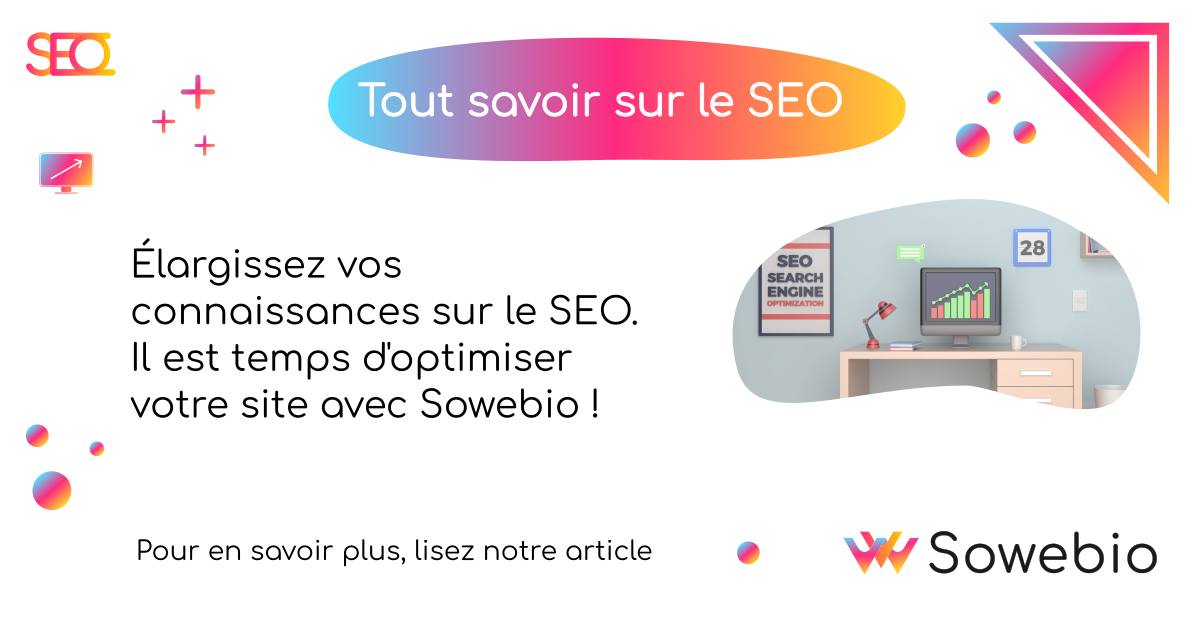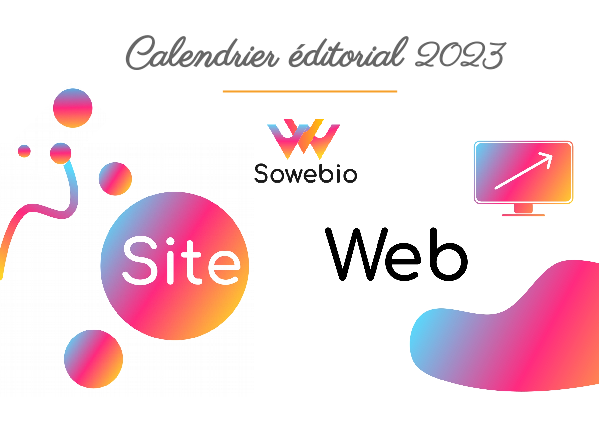What is SEO ? SEO, short for Search Engine Optimization, is the art of getting your website to rank well on search engines. It’s a crucial part of any successful digital marketing strategy. SEO involves various methods to make your website more visible in search results. This includes analyzing and using the right keywords, optimizing your website’s technical aspects, improving on-page content, and building off-page credibility. The ultimate goal of SEO is to get a high ranking on Google and attract more traffic to your site. And when you rank well, it not only boosts your credibility but also earns the trust of your visitors.
To rank well on Google, the search engine looks through your page, keywords, content, and links. After it’s done checking out your website, it shows your content to people searching online or on their phones if it matches what they’re looking for. But if your content doesn’t bring anything new compared to what’s already out there, your page won’t rank high.
Creating SEO Content
SEO requires being consistent! You should regularly publish content following a well-thought-out editorial schedule. To get your website ranked on the first page of Google, it needs to be appealing and provide fresh content. The competition is tough, and Google prefers pages with good references. Keep in mind that Google updates its algorithms regularly. So, it’s crucial to check your page rankings. This way, you can fine-tune your SEO based on Google’s latest criteria… even though the algorithms are a secret, we know the best practices to follow.

Semantic Audit and Keywords
Keywords are the words that customers type into the search engine. When searching, a customer isn’t looking for a specific page but for information that answers their questions or needs.
The semantic audit helps organize keywords based on their relevance. To do this, you need to follow these steps:
- Make a list of keywords.
- Group keywords into categories based on how many competitors there are.
- Look for opportunities in the market.
- Prioritize keywords according to their importance.
Google looks for content that matches what the user is searching for. So, you should find keywords that can attract traffic but don’t have too much competition. The semantic audit will help you find the best keywords to target, so Google will show your page in the search results.
On-Site Technical Optimization
On-site technical optimization means improving the technical and content aspects of a website. Here are the key steps:
- Your domain name is crucial for creating your website. It’s like your “postal address.”
- A site-map collects all the information from your pages and videos, helping Google understand your website better.
- Make sure your article URLs contain relevant keywords, but keep them under 100 characters and avoid special characters, except for [-]. Don’t go overboard with keyword stuffing in URLs.
- Redirections are a way to make a web page accessible through multiple URL addresses.

Optimisation du contenu on-page
L’optimisation on-page est une méthode permettant d’optimiser la page web pour améliorer son référencement. Pour améliorer l’optimisation on-page de votre page, il faut classer vos titres avec les balises Hn. Elles vont permettre de hiérarchiser votre contenu pour aider le moteur de recherche à la comprendre. Ensuite, les balises « Alt » sont les textes alternatifs d’images mises sur votre site. Elles vont permettre une meilleure compréhension de vos images pour le moteur de recherche. Puis, les méta-titres et les méta-descriptions vont permettre de résumer le contenu de la page.
L’optimisation off-site
C’est une technique visant à booster la visibilité de votre site dans les moteurs de recherche. Pour ce faire, il faut utiliser des backlinks. Ils doivent être un lien naturel et pertinent, en un rapport avec votre univers sémantique, de préférence dans la même langue et avec une grande notoriété.
Le suivi des statistiques et des objectifs
Un bon SEO passe par le suivi statistique. Regarder les performances du site permet de pouvoir en cas de besoin améliorer le référencement naturel de la page et d’évaluer si les objectifs sont atteints. Nous vous conseillons la lecture de notre article : Comment optimiser le référencement SEO d’une page web ?
Stratégie SEO gagnante
Un bon SEO va d’apporter de la visibilité à votre site. N’oubliez pas que Google va regarder plusieurs choses : l’audit sémantique et mots-clés, l’optimisation technique on-site, l’optimisation du contenu on-page, l’optimisation off-page. Attention le contenu créé doit être unique et apporter aux clients.

Le SEO ne s’improvise pas car il implique une compréhension approfondie du fonctionnement des moteurs de recherche, des algorithmes qui déterminent les classements et des meilleures pratiques pour optimiser un site web. Si vous souhaitez un site performant, contactez un professionnel ! Sowebio est a votre écoute 😉
Editorial Calendar
Anticipez vos thématiques abordées en 2023 !
Editorial Calendar
An editorial calendar is a tool that helps you visualize and plan the publishing schedule of your content.



